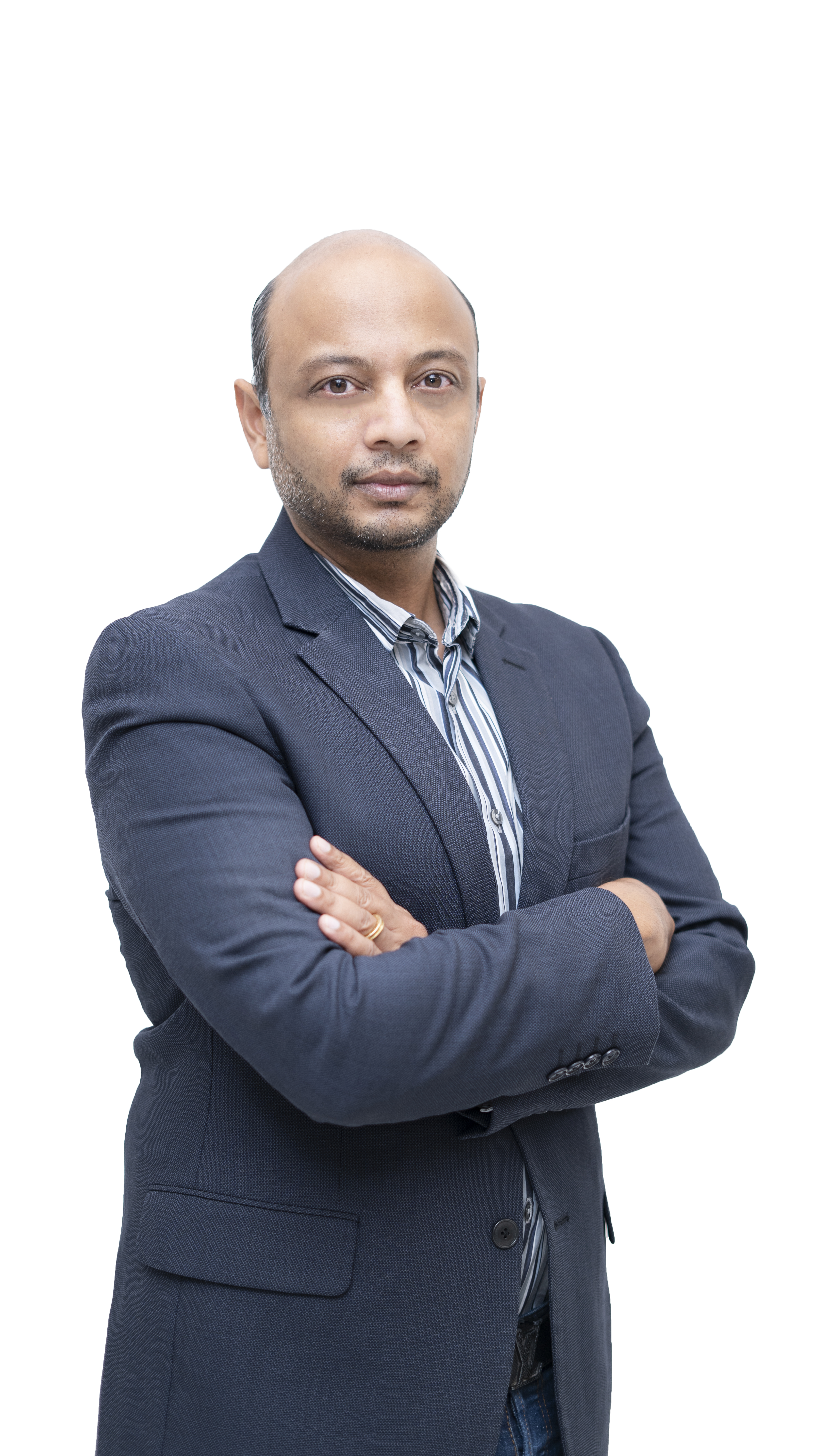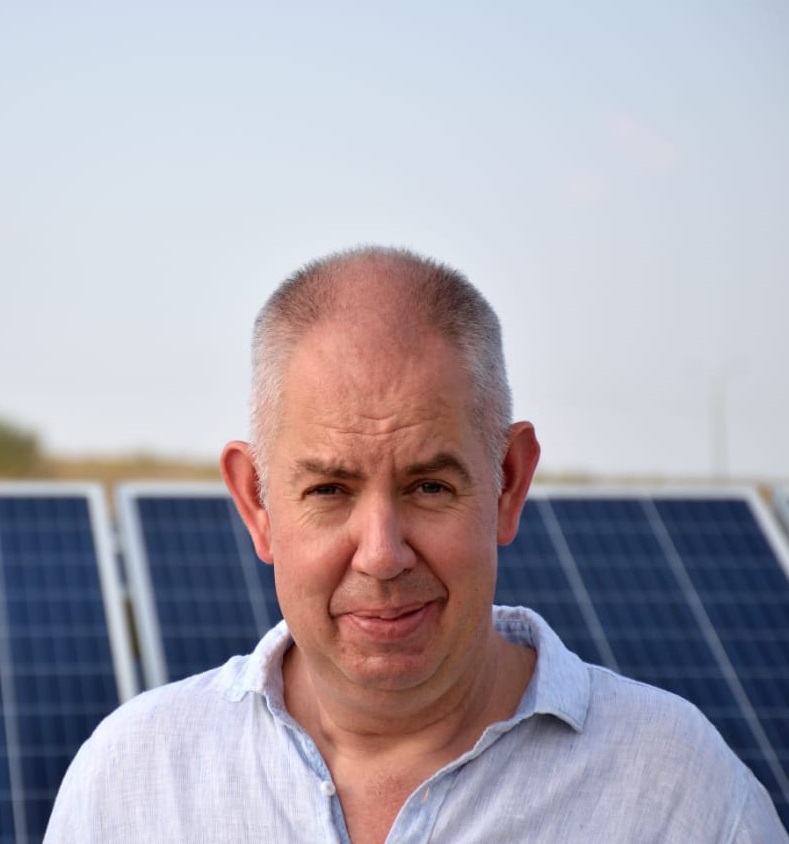Achieving Net-Zero: Providing Affordable, Reliable, and Resilient Power to people
Day 2, 5 May 2022, 1530 - 1700 IST
Session Annotation
The session will focus on the key aspects of global effort on decarbonization contributing to affordability, reliability, and resilience in the power sector. The role of the power sector in delivering key economic outputs makes it critical for economic growth and development. It is important to conduct cross-sectoral stakeholder engagement on the role of resilient power infrastructure in the ongoing energy transition. Understanding the reliability and resiliency implications of carbon reduction across the power system is key to accelerating progress toward a low-cost, low-carbon future.
The session will have two sub-sessions. The first will look at various low-carbon sources such as solar, wind, hydrogen, and natural gas, to explore their potential for providing users with affordable and reliable power (including through disasters). The second will look at grid infrastructure (transmission and distribution) readiness and adaptability for the net-zero transition. To get society's buy-in, it is important to integrate resilience and just economic growth as the key principles of net-zero transition.
Participants including policymakers, the private sector, academia, and utilities will share their lessons and vision for net-zero pathways and integration of tenets of resilience, affordability, and reliability. The session will focus on the best practices and governance frameworks required to effectively design national and sub-national policy frameworks for the above integration.
Session Overview
The session will be divided into two separate sub-sessions:
Energy Sources of the Future: The entire energy sector, including the power sector, is in the process of adopting climate change commitments and achieving net-zero transitions. All major investment indicators point towards a shift to alternative fuels including natural gas, hydrogen, solar, and wind to do the heavy lifting for the next phase of transition. The first session will focus on renewable and low carbon fuel sources and their role in building resilient and inclusive net-zero sectors and the economy.
Key points that will be discussed-
- How will competition between conventional and renewable energy sources play out in the new phase of the power sector transition?
- How are policymakers, DFIs, investors, and the private sector leveraging net-zero transition to integrate aspects of climate change adaptation and mitigation and just economic transformation?
Grid of the Future:
Building on the first discussion, the second session will focus on the grid and power infrastructure required to enable and effectively deliver the resilient net-zero targets from the generation source. The role of the power sector in achieving the global net-zero transition is critical, as rapid electrification of all sectors makes electricity even more central to energy security. The transition calls for major increases in all sources of flexibility i.e., batteries, demand response, and low carbon flexible power plants, supported by a smarter and more resilient power system network.
Key points that will be discussed:
a)Since diversifying the generation mix changes the amount, shape, and predictability of net loads, how important is it to have an integrated resource plan to manage the grid?
b) Does the resource mix provide reliability services to ensure grid stability? What additional technologies and tools may need to be deployed?








